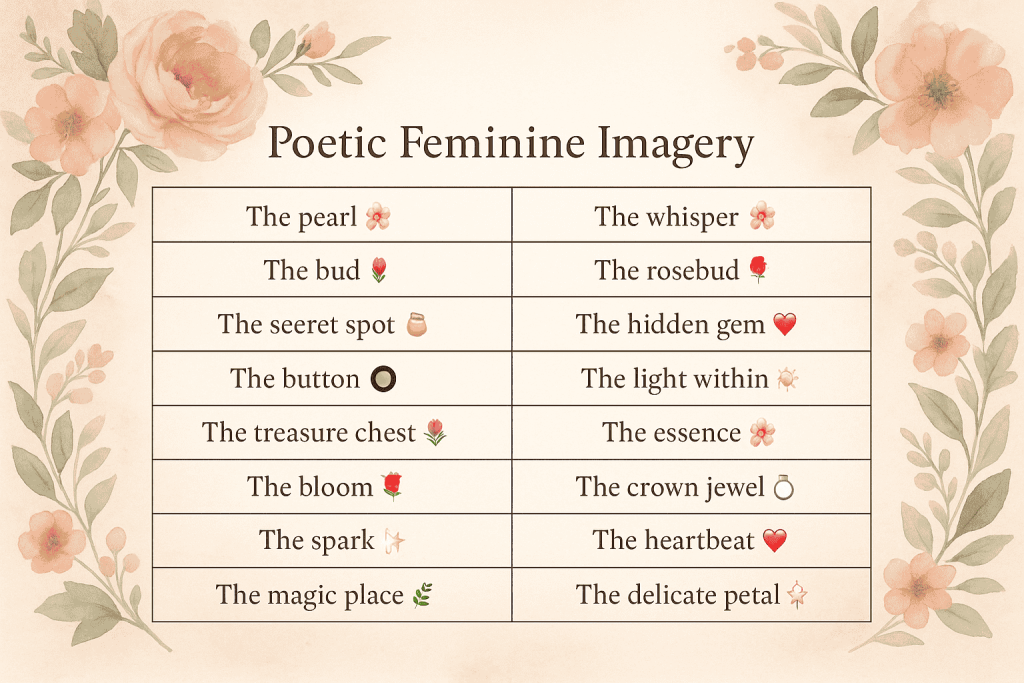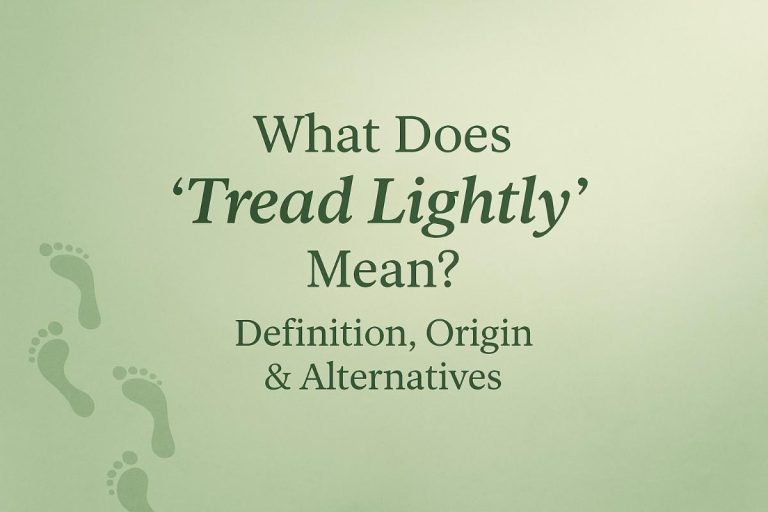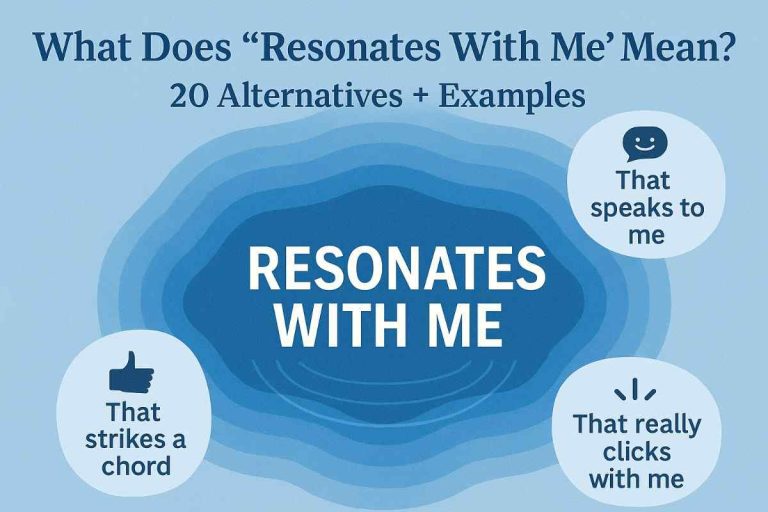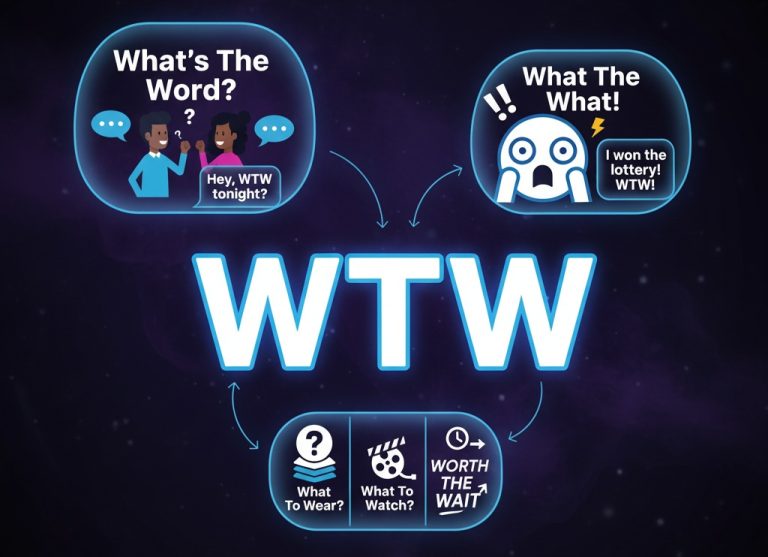Little Man in the Boat Meaning: Definition & Origin Explained
Language is full of idioms and euphemisms — phrases that carry meanings beyond their literal words. Some of these expressions are polite, while others are meant to soften or disguise sensitive topics.
One phrase that often catches people off guard is “little man in the boat.” It’s a curious combination of words that sounds harmless at first but actually has layers of cultural and linguistic meaning.
In this article, we’ll explain what the phrase means in a clean, educational way. We’ll look at its background, why it’s considered private or taboo, and how to understand it as part of language history — not casual speech.
What Does “Little Man in the Boat” Mean?
The phrase “little man in the boat” is a euphemism. A euphemism is a polite or indirect way of referring to something that might be uncomfortable or inappropriate to discuss openly.
In this case, the phrase refers to a private part of the female anatomy, specifically a very small, sensitive area. It’s not meant for everyday or formal use. The phrase often appears in older slang or humorous writing rather than serious contexts.
Because of what it refers to, most people avoid using it in conversation. It’s better understood as a historical example of how language changes and how people have long found creative ways to discuss sensitive subjects.
In short:
“Little man in the boat” is a playful old euphemism used to talk indirectly about an intimate topic.
The Origin and History of the Phrase
Tracing the exact origin of this phrase is tricky. It likely appeared in English during the 19th or early 20th century, a time when open discussion of sexuality was considered improper in public.
Writers and speakers often invented clever metaphors to talk around such topics. Using humor and indirect imagery made it possible to address private matters without sounding crude.
The imagery of “a little man” and “a boat” gave the phrase a whimsical, almost innocent sound, which helped disguise its meaning. Over time, it became part of informal slang, usually spoken by men trying to sound cheeky or humorous.
The phrase has since faded from common use, especially as language around gender and anatomy has become more open and scientific. Today, people rarely use it seriously. It survives mostly as an example of how older generations used euphemisms to navigate topics that were once considered taboo.
In literature and pop culture, it sometimes appears as a reference or joke. But in modern writing, it’s generally seen as outdated.
When & Where to Use “Little Man in the Boat”
Here’s the key point: this phrase is not appropriate in most conversations. It belongs more to historical or linguistic discussions than to everyday speech.
You might encounter it in these contexts:
1. Linguistic or cultural study:
When analyzing old idioms, slang, or euphemisms.
“The phrase ‘little man in the boat’ is an example of how language hides sensitive meaning.”
2. Historical writing:
When discussing how people talked about private or restricted topics in the past.
“Victorian writers used coded language like ‘little man in the boat’ to discuss subjects they couldn’t mention directly.”
3. Media or literature analysis:
When explaining why a phrase appears in a book, movie, or comedy sketch.
“The script used the phrase for humor, reflecting older slang.”
Where not to use it:
- Everyday conversation
- Professional or classroom settings
- Social media captions or casual jokes
Using the phrase casually could come across as inappropriate or offensive, especially since its meaning involves private anatomy.
So, while the phrase can be studied, it’s best treated as part of linguistic history — not as something to use in speech or writing.

Discover More: What Does “WTW” Mean?
Alternatives to “Little Man in the Boat”
If you’re studying language and need to talk about similar ideas — like euphemisms or delicate phrasing — here are cleaner and more academic alternatives.
1. Euphemism
Meaning: A mild or indirect expression used instead of one that might be too blunt.
Explanation: This is the correct academic term for phrases that hide sensitive topics.
Example: “Writers often use euphemisms when discussing private matters.”
Best Use: Linguistics, writing, or education contexts.
2. Metaphor
Meaning: A figure of speech where one thing represents another.
Explanation: Metaphors often make language more colorful or indirect.
Example: “The phrase ‘little man in the boat’ is a metaphor designed to soften meaning.”
Best Use: Literary analysis or discussions of language style.
3. Slang expression
Meaning: Informal words or phrases used by certain groups or during specific time periods.
Explanation: Slang reflects how language evolves socially and culturally.
Example: “That expression is old-fashioned slang no longer used today.”
Best Use: Academic or linguistic explanation.
4. Polite phrasing
Meaning: Language used to make speech or writing sound more gentle or respectful.
Explanation: Often used when discussing sensitive subjects.
Example: “Polite phrasing helps people talk about awkward topics.”
Best Use: Social or communication training, etiquette writing.
5. Historical idiom
Meaning: An old expression with cultural or symbolic meaning.
Explanation: Idioms reflect the time and culture they came from.
Example: “That’s a historical idiom — not used in modern conversation.”
Best Use: Writing about language history or culture.
6. Outdated expression
Meaning: A phrase no longer common or acceptable in modern use.
Explanation: Many idioms fade as society changes its norms.
Example: “That expression is outdated and might confuse modern readers.”
Best Use: Language education or communication studies.
Simple and Polite Responses to “Little Man in the Boat”
If someone uses this phrase and you’re unsure how to respond, the safest choice is to stay polite and neutral. You don’t need to react with shock or join in with humor.
Here are some polite and professional responses depending on the situation:
If you’re in a casual discussion:
- “That’s an old expression. Not something people say much now.”
- “Interesting use of language — sounds dated.”
If you’re in an academic or educational setting:
- “That’s a good example of a euphemism.”
- “That phrase reflects how language was used in the past.”
If the comment feels inappropriate:
- “Let’s keep things professional.”
- “Maybe we can choose a different phrase.”
Using calm, confident language helps steer the conversation away from discomfort. Most people don’t mean harm when quoting or referencing the phrase — they may just not know its background.
Conclusion
The phrase “little man in the boat” may sound harmless, but it carries private meaning that places it firmly in the category of old euphemisms.
It’s a product of a time when open talk about the human body was discouraged. People used creativity and metaphor to express ideas they couldn’t state directly. Today, it mainly survives as a linguistic curiosity — something to study, not something to use.
Understanding phrases like this helps us see how language mirrors culture, modesty, and social change. It reminds us that even simple words can carry deep history.
When we “tread lightly” with language, we learn more about how people once thought, spoke, and expressed themselves. And that’s the value in studying phrases like this — not to use them, but to understand where they came from and what they reveal about communication and culture.

A former editor and grammar geek, David Langford has spent years refining the art of clear communication. He combines his journalism background with a knack for teaching, offering straightforward tips to master tricky grammar rules. When he’s not proofreading, he’s probably debating Oxford commas.




